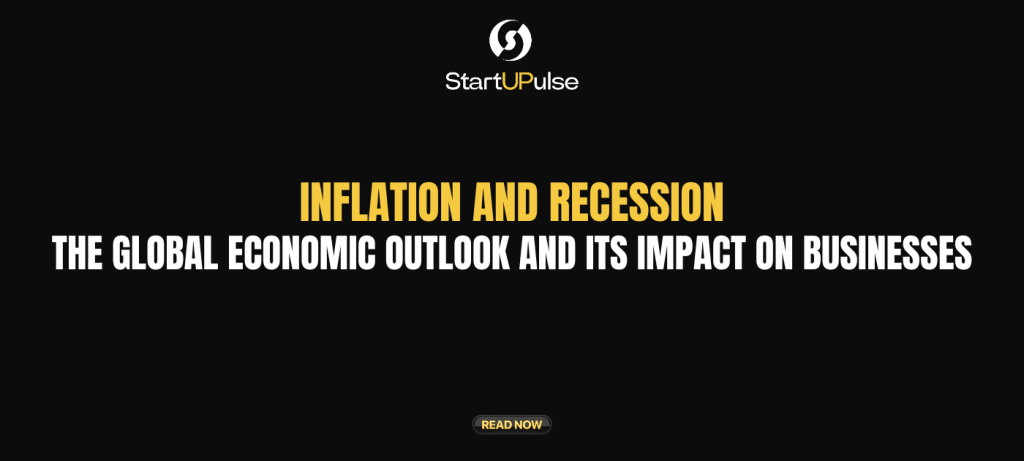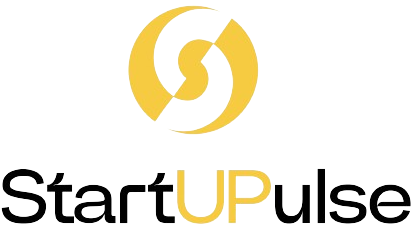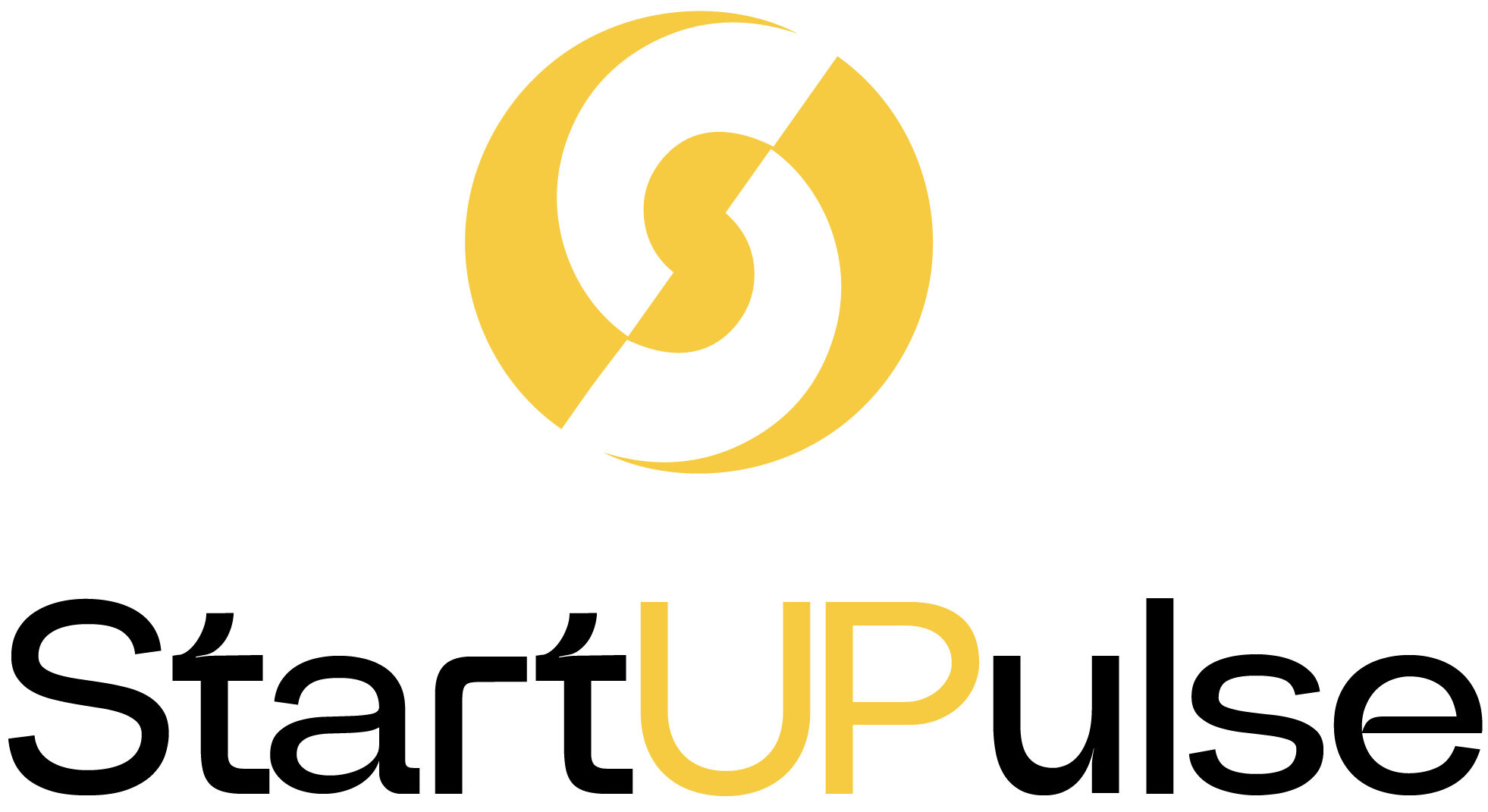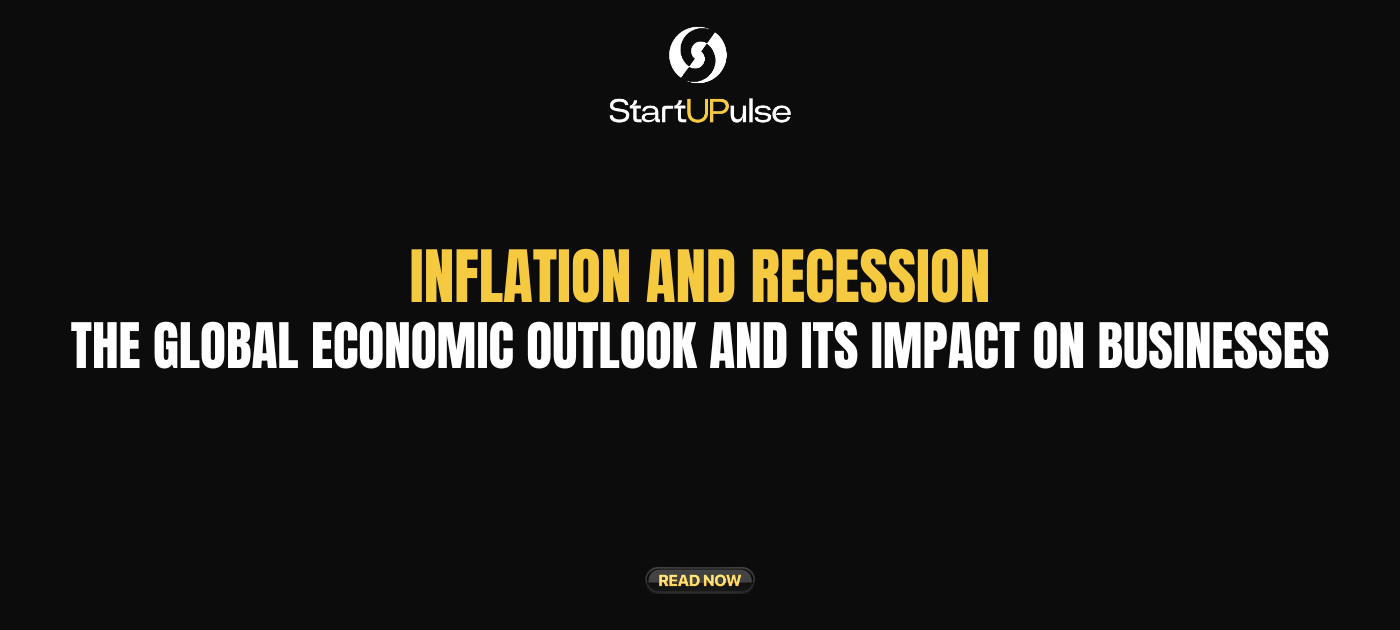
Navigating the Economic Storm: Inflation, Recession, and Business Strategies
Introduction
The global economy is currently facing a complex interplay of inflation and recessionary pressures. These intertwined economic challenges are impacting businesses worldwide, forcing them to adapt and adopt strategies to weather the storm. In this blog post, we’ll delve into the intricacies of inflation and recession, their potential consequences, and the steps businesses can take to mitigate their impact.
Understanding Inflation and Recession
- Inflation: This occurs when the general price level of goods and services rises over time, reducing the purchasing power of currency.
- Recession: A period of significant economic decline characterized by decreased economic activity, rising unemployment, and reduced consumer spending.
The Interconnectedness of Inflation and Recession
Inflation and recession are often interconnected. High inflation can lead to a decline in consumer spending and investment, which can trigger a recession. Conversely, a recession can lead to supply chain disruptions and increased costs, further fueling inflation.
Impact of Inflation and Recession on Businesses
- Rising Costs: Businesses often face increased costs for raw materials, labor, and energy, which can erode profit margins.
- Decreased Consumer Spending: As consumers tighten their belts, businesses may experience reduced demand for their products and services.
- Supply Chain Disruptions: Global economic downturns can lead to disruptions in supply chains, impacting production and delivery times.
- Increased Borrowing Costs: Higher interest rates can make it more expensive for businesses to borrow money, limiting their investment and growth.
Strategies for Businesses to Weather the Storm
- Cost Management: Implement cost-cutting measures, such as reducing waste, negotiating better deals with suppliers, and optimizing operations.
- Diversification: Expand into new markets or product lines to reduce reliance on a single sector or region.
- Price Optimization: Carefully monitor and adjust pricing strategies to maintain profitability in a competitive environment.
- Inventory Management: Optimize inventory levels to avoid excess stock and minimize costs.
- Cash Flow Management: Monitor cash flow closely and implement measures to improve liquidity, such as negotiating payment terms with suppliers.
- Investment in Innovation: Invest in research and development to develop new products or services that can drive growth and differentiate your business.
The Role of Economic Policy
Economic policymakers play a crucial role in mitigating the effects of inflation and recession. They can implement fiscal and monetary policies to stimulate economic growth, control inflation, and support businesses.
Conclusion
The current economic landscape presents significant challenges for businesses. By understanding the interconnectedness of inflation and recession, and by implementing effective strategies, businesses can navigate these turbulent times and emerge stronger.
If you’re looking for guidance and support, Startupulse can connect you with a community of fellow entrepreneurs and experienced mentors. Connect with like-minded individuals through our platform and discover new opportunities to thrive in today’s challenging economic environment.



















